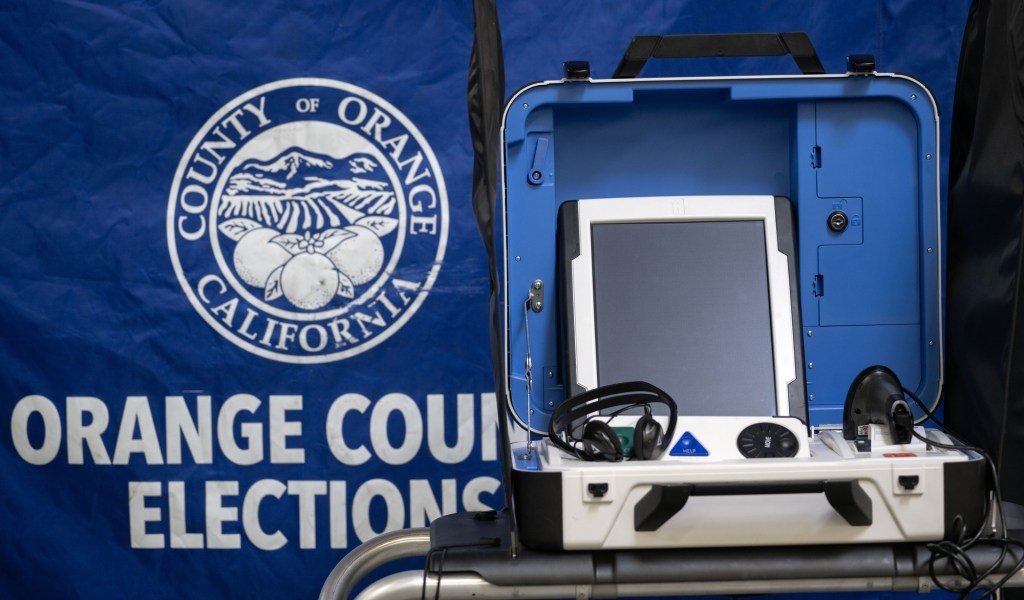Improving the Election Process in Orange County: Community Feedback Workshops
In an innovative move to enhance its election process, Orange County’s Registrar of Voters, Bob Page, is hosting a series of community feedback workshops during the summer. These workshops, starting July 12 and running into August, aim to gather insights from local voters on various aspects of the election experience, including polling and ballot drop box locations, accessibility, language access, and safety procedures.
Workshop Structure and Diversity of Participation
The community workshops are designed to accommodate the diverse needs of Orange County’s residents. They are categorized into two main types: general public workshops, where anyone can provide input, and accessibility language workshops specifically aimed at supporting non-English speakers. These accessibility sessions feature translations in languages such as Spanish, Korean, Chinese, and Vietnamese, ensuring inclusivity. Attendees can participate in any or all of the five designated sections, which focus on specific areas like voter outreach programs, safety protocols, and voting accessibility. To cater to various preferences, participants will also have the option to submit feedback in writing.
A Proactive Approach to Election Administration
The initiative comes as a response to California’s Voters Choice Act, which mandates that the Registrar of Voters must hold public forums after implementing changes to the election plan. However, Page emphasizes that this feedback effort seeks to engage voters even before the plan is adjusted. “We don’t want to just do the minimum required,” he stated, highlighting a dedication to incorporating broad community input. This proactive approach is crucial for understanding the unique needs of Orange County voters.
Balancing Community Feedback with Regulatory Standards
As the Registrar prepares to update the Election Administration Plan (EAP) for 2026-2030, various factors will guide the revisions. Along with community feedback, considerations will include compliance with federal and state laws, data from previous elections, and county budget constraints. Page acknowledges that while community input is vital, it must be balanced with operational and legal standards to create a feasible plan.
Timeline and Additional Outreach Efforts
The workshops will culminate in the first week of August, where the registrar will compile the gathered feedback for online publication. With a December 1 deadline for the initial draft of the EAP, there will be a 14-day public review period after its release. Following this, an in-person public hearing is scheduled for September 25 at Irvine City Hall for additional comments. These structured timelines showcase not only the registrar’s commitment to transparency but also his desire to keep voters informed and engaged throughout the process.
Language Accessibility and Inclusion
Accessibility remains a focal point throughout these workshops, ensuring equitable participation from all segments of the population. With the election plan available in ten languages on the registrar’s website, these efforts underscore the importance of language access in voting. Specific workshops slated for different locales offer opportunities for in-person participation, enhancing the voices of diverse communities.
Conclusion: Strengthening the Voting Process
Orange County’s initiative to host community feedback workshops exemplifies a forward-thinking approach to election administration. By actively engaging voters in the planning process, the Registrar of Voters aims to improve the overall election experience for all residents. As the county gathers insights and feedback, it ultimately hopes to create a voting environment that is inclusive, secure, and accessible, setting a precedent for other regions to follow in their electoral processes. For more details about the workshops and how to participate, visit the Orange County Registrar of Voters’ website.









